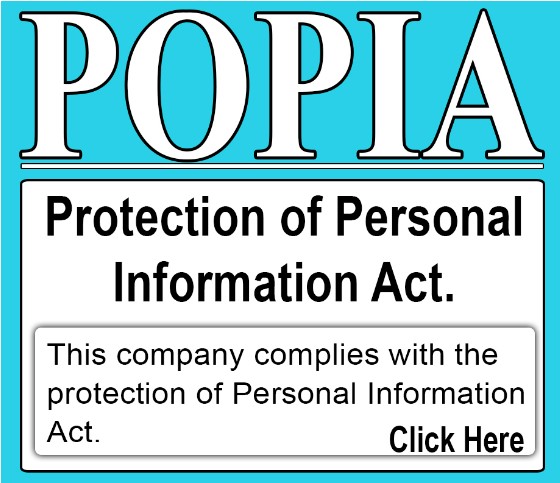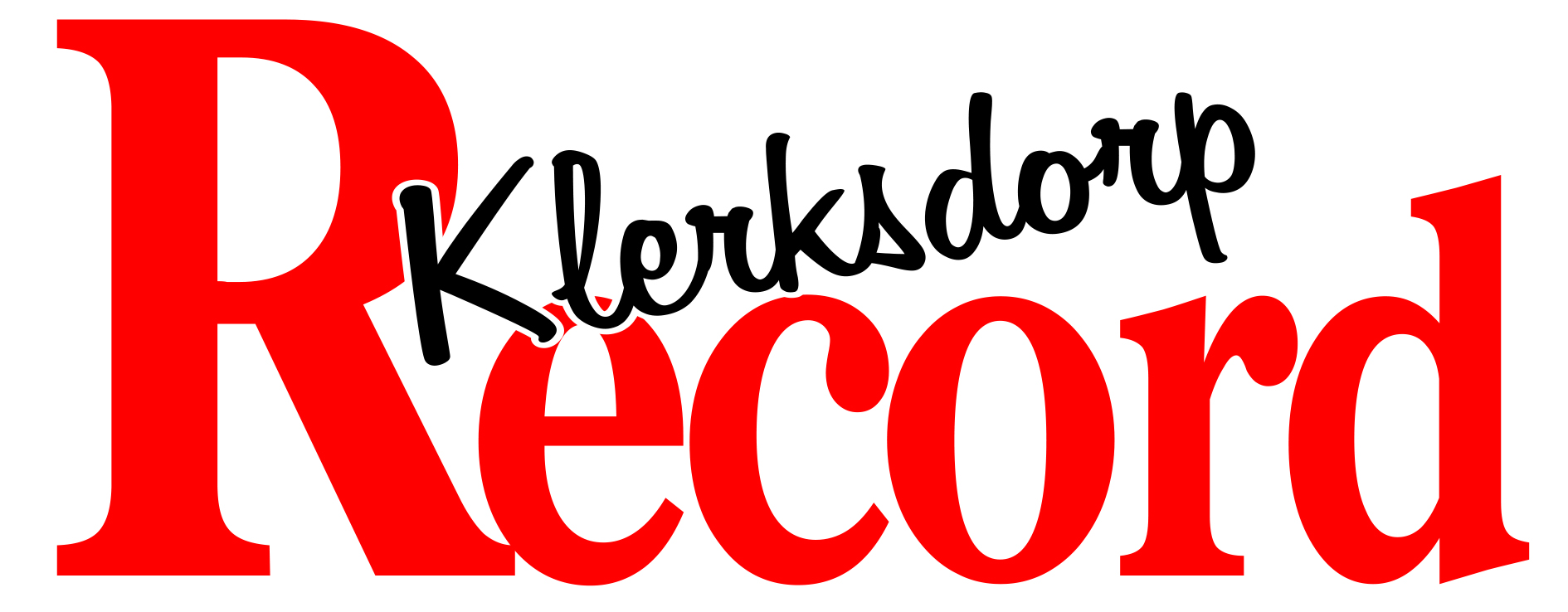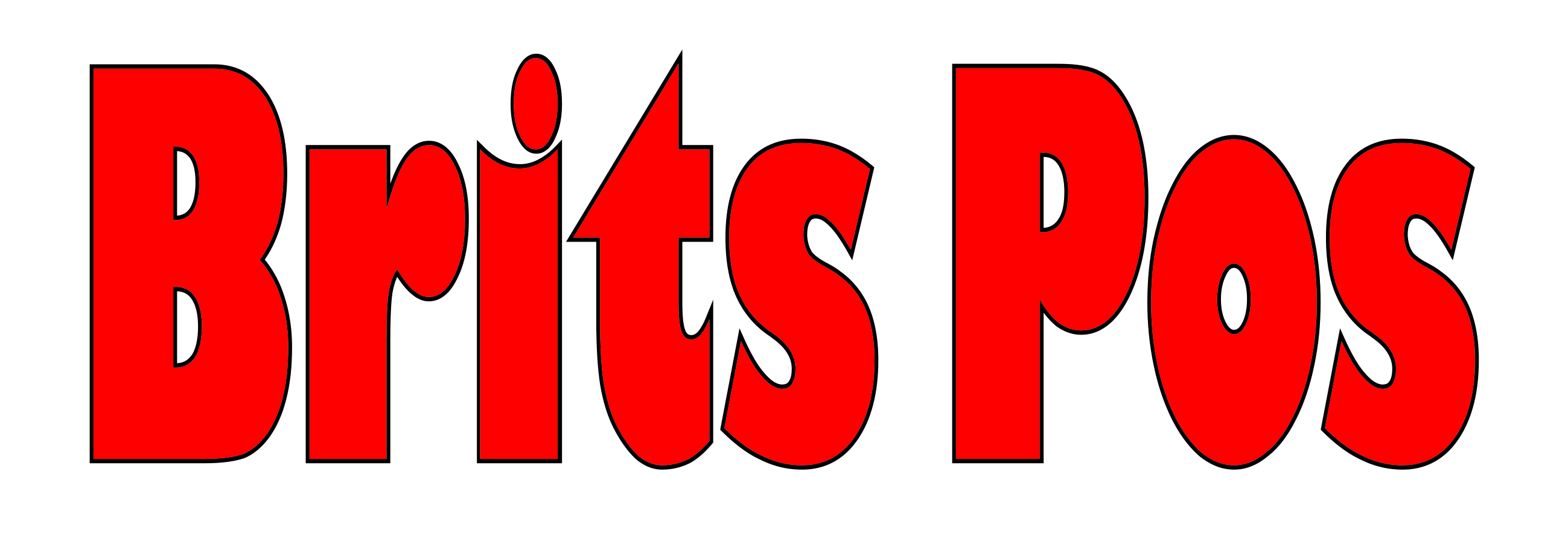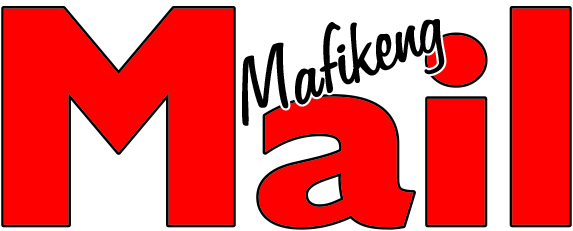BONUS - RUSTENBURG - So, what age do kids start talking? The short answer: when they’re ready, says Childhood & Special Education expert Nicole Mackiewicz.
Their communication skills will begin with smiles, giggles, claps and babbles before any words make it out. But while you wait for your tot to say full words, sentences and more, use these tips to help promote their language development right now. Once your child starts learning a few words, the talking train can really pick up steam. They’ll go from babbling to pointing at and naming things.
Between 18 and 24 months they may encounter a “word spurt,” increasing their vocabulary dramatically. By age two, kids can typically string two words together (eg “mama car”).
How to get tots talking: Conversation Starters
Start story time early.
They might not understand everything right away, but reading introduces your baby to the flow of language. Point to and identify the pictures in the book; If there are animals, make each animal’s noise! The illustration and exciting sounds will keep your kid engaged and having fun.
Sing, rhyme & even dance.
Music is a great way to introduce your baby to words. Babies love simple rhymes and sing-along songs while repetition reinforces key words or phrases. Music also introduces them to fun physical movement—in my house, it’s led to many family dance parties!
Play with toys that bring their world down to size.
Toys that resemble familiar objects and places—like animal & people figures and playsets—help children identify real-world concepts up close and encourage pretend play. The First Words Puppy and First Worlds Sis are ideal here as they also provide learning across three stages of development for your child.
Narrate & label anything, everywhere.
Talk and identify items through your everyday tasks: “Time to get into Mommy’s car.” “Time to get dressed, let’s get your blue pants on.” If they can touch it, see it and hear it (especially repeatedly), they are making that connection between words, concepts and objects.
Praise your little talker.
Positive reinforcement is key. Let your little one know they are on the right track by keeping the praise and encouragement coming when they identify objects and use words correctly.
Keep some banter going.
Show them how to carry a conversation by asking them questions, waiting for them to “answer” and responding to their babbles or one-word statements. Continue chatting about whatever they seem interested in (e.g., if they point at someone, say, “There’s a person, wave hello!”).
Why isn’t my baby talking yet?
So your mini-me is taking their sweet time getting out those first words. I know, it can seem concerning, but remember that each child is unique and will develop their communication skills on a timeline that’s right for them. Even if they’re not speaking, they’re still listening and soaking up speech patterns from what they hear spoken around them.
They’re also likely learning nonverbal forms of communication like staring at, reaching for, and pointing at desired objects. And, they’ll start to understand you before they’re able to answer you with their words.










